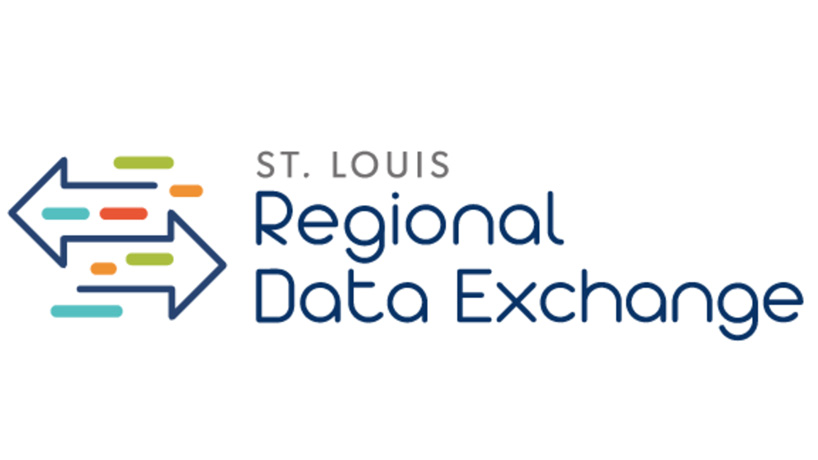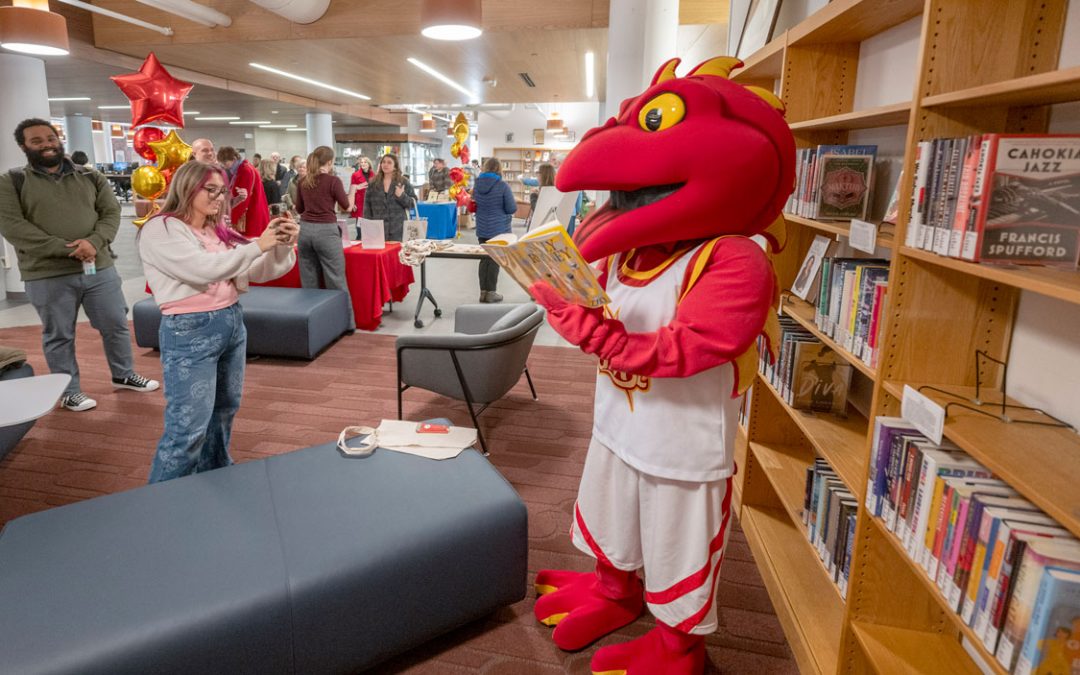
The St. Louis Regional Data Exchange is an online portal includes publicly available data from the City of St. Louis and St. Louis County as well as St. Charles and Jefferson counties in Missouri, St. Clair and Madison counties in Illinois, East-West Gateway Council of Governments and the Metropolitan Saint Louis Transit Agency.
Planners, administrators, researchers and advocates have a powerful new tool to help them find and access existing data from across the St. Louis Region.
The St. Louis Regional Data Exchange has launched as an online portal bringing together more than 420 data sets from eight local governments and planning bodies on a single website.
The Regional Data Exchange was created by the St. Louis Regional Data Alliance, a project of the University of Missouri–St. Louis housed within its Community Innovation and Action Center.
“This has been a long time in the making,” said Paul Sorenson, the director of the St. Louis Regional Data Alliance and interim co-director of the Community Innovation and Action Center. “We’re excited to get it off the ground.”
The portal includes publicly available data from the City of St. Louis and St. Louis County as well as St. Charles and Jefferson counties in Missouri, St. Clair and Madison counties in Illinois, East-West Gateway Council of Governments and the Metropolitan Saint Louis Transit Agency.
Users can access data sets on everything from demographics, boundaries, real estate and land records to health and social services, the environment, taxes, COVID-19 and more.
“This is a rare collaborative effort across different local governments,” Sorenson said. “Although the exchange features data that they already share, now it’s easy to find in one place, and we’ve had great buy-in and participation from the institutions we featured on the site. They will continue to publish their own websites, but they’re happy to have their data all in one place.”
A previous effort to develop a regional data exchange began seven years ago as part of a regional planning effort called OneSTL, led by East-West Gateway. Its leaders worked with researchers at Saint Louis University.
“The time wasn’t right, so it didn’t quite get off the ground,” Sorenson said. “When we started the RDA two years ago and decided we wanted to create a portal, we worked very closely with the designers of the original St. Louis Regional Data Exchange to learn what happened and continue to build on it.”
Data architect Jonathan Leek and data scientist Branson Fox were instrumental in creating the platform. Daugherty Business Solutions donated one of its full-time employees to the project for a month to add data to the site. Dave Menninger, the architect of the STL Response dashboard, and volunteers at OpenSTL also pitched in to make the portal a reality with essential funding coming from the Missouri Foundation for Health.
Sorenson and his team plan to continue adding relevant data from governments, universities and other nonprofit entities onto the site.
Ultimately, they want to bring data sets together, both in the St. Louis Regional Data Exchange and the St. Louis Data Commons, which will launch this fall. That will allow researchers and policy makers to see a complete picture across the entire region — particularly around social determinants of health and racial equity.
“It can set the stage for important conversations about what to do next,” Sorenson said. “The data portal is a big bag of data; it used to be scattered all over the floor, and you couldn’t find anything and that wasn’t great. Now it’s in one place, organized. But what we want to do next is connect the dots in a more meaningful way. We’re really working now on creating those regional data assets that connect property data across different counties or COVID data from different healthcare systems.
“The Regional Data Exchange gives us a fantastic foundation to continue to build upon.”














